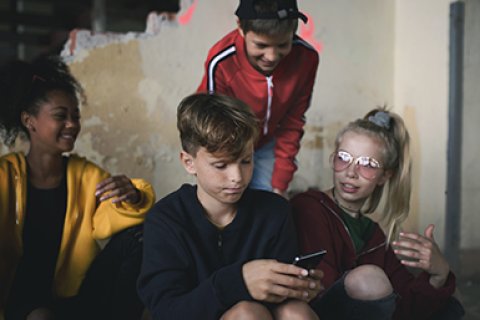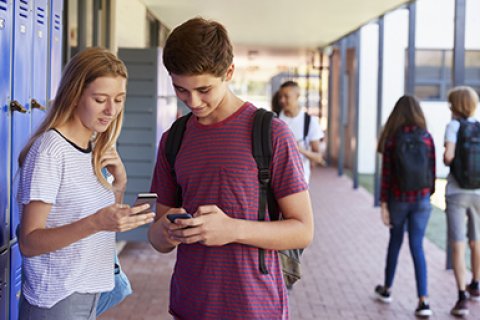The Filter Bubble Project

On social media information is filtered and adapted for the individual user making use of algorithms. Our research showed that youth have limited awareness considering this online filtering. Algorithms can create unpredictable and invisible boundaries between people, sometimes referred to as ‘filter bubbles’. These result in individualised spaces for socialisation and learning that escape the supervision of schools as well as democratic control. Educators worry that the information their students see on social media is one sided, and might have impact upon their opinion formation in undesirable ways.
In this design based research project, we develop an educational app which promotes algorithmic awareness, knowledge, agency and ethical reflection for students in secondary education, in particular related to their opinion formation and perspective taking.

We ask the following questions ‘Are students aware of such invisible boundaries created by the algorithmic workings of social media?’, ‘How do they imagine the workings of algorithms?’, ‘What strategies do students use to gain more control over social media?’, ‘How can we as a learning community make students more conscious, knowledgeable and agentic in this respect through the development of an educative app?’ and ‘What are key characteristics of such a design and the learning community?’.
This design research project is carried out together with teachers and students of Utrecht city schools with whom we design the app and who will be end users of the app. The project is part of the UNION project and carried out with our partners: the Media team, Utrecht Public Library and Youth work Utrecht.
This project has received a grant from Dynamics of Youth - Utrecht University, and from the IMPULS program from the municipality of Utrecht.

